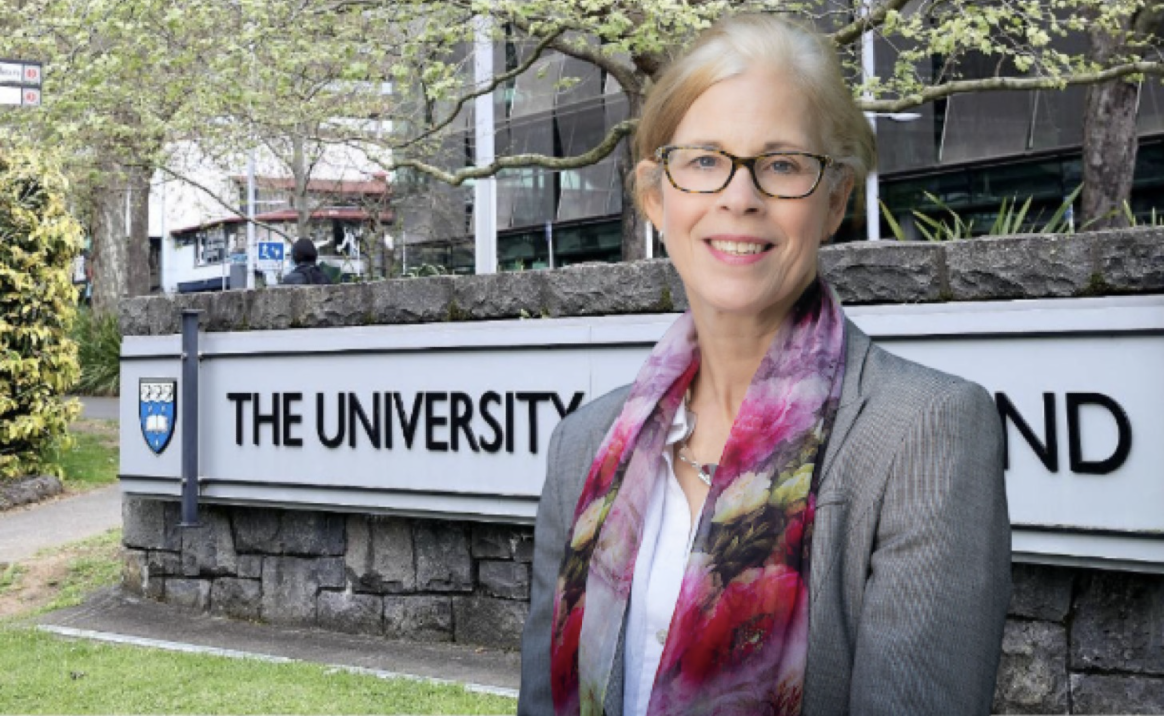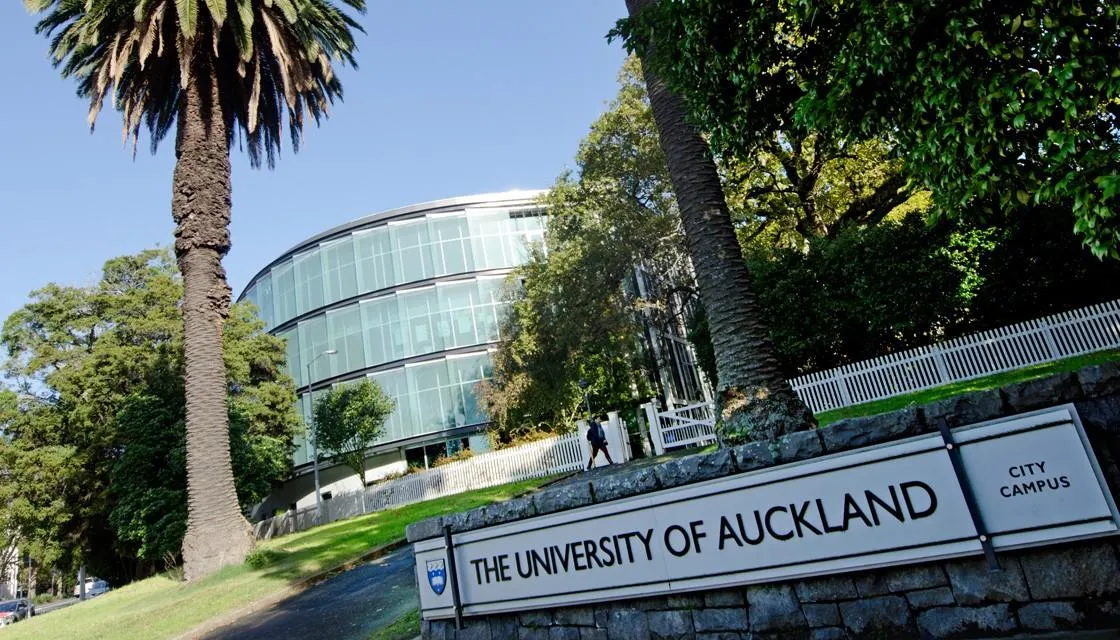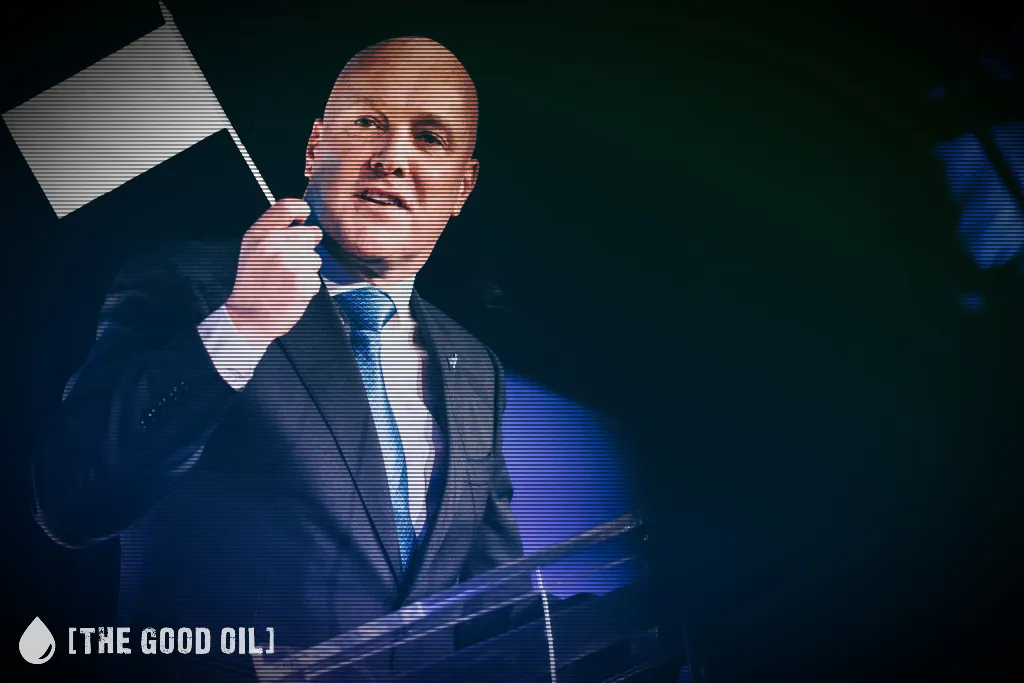Table of Contents
If anyone ever believed universities are institutions where academics can speak their minds freely and openly, the stoush sparked by the letter that seven University of Auckland professors sent to the Listener last July should have thoroughly disabused them of that notion.
What should have been an uncontroversial statement – that matauranga Maori is “not science” and therefore should not be included in the NCEA science syllabus – led to a wave of condemnation and vilification of the professors. And this despite the fact they made it clear that indigenous knowledge was valuable both “for the preservation and perpetuation of culture and local practices” and in “key roles in management and policy”. What’s more, prominent Maori scholars such as Professor Sir Mason Durie had already acknowledged that science and indigenous knowledge are incommensurable.
Even the professors’ own Vice-Chancellor, Dawn Freshwater, hung them out to dry with what one British journalist described as a “hand-wringing, cry-bullying email” that referred to the “considerable hurt and dismay” the letter had caused staff, students and alumni.

Three of the professors, Robert Nola, Garth Cooper and Michael Corballis, were Fellows of the Royal Society NZ, but – rather than supporting their right to speak publicly about their concerns about matauranga Maori in a science syllabus – it responded with a statement on its website that said their views were not only “misguided” but caused “harm”.
Last November it also instigated disciplinary action against Nola, Cooper and Corballis after complaints were laid. (Corballis has since died.)
After a barrage of criticism from famous international scientists, including Richard Dawkins, Jerry Coyne and Steven Pinker, our premier academy for science and the humanities abandoned its pursuit of the two professors in March. But if it hoped that would be the end of the matter it was sorely mistaken.
Last week, 70 of the Royal Society’s more than 400 Fellows signed a letter to the society calling for a no-confidence motion to be debated at the 56th hui a-tau o Ngaa Ahurei Annual Fellowship on 28 April.
It began:
“Many of us have lost confidence in the current Academy Executive and Council, whose actions seemingly have brought the society into disrepute, shutting down useful debate and bringing international opprobrium from leading scientists.
“We are further concerned about the lack of agency that Fellows have following the many restructures of the society over the last several years, and the spending of fellowship fees to cover lawyers’ costs and, presumably, public relations consultants to defend the society’s very poor processes and actions.”
The three specific objections made in the letter were to the statement published on the society’s website last year (described as “ill-conceived, hasty and inaccurate in large part”); the way the society handled the complaints against Professors Nola and Cooper; and lastly the “unfortunate” fact the pair felt compelled to resign.
As the letter put it:
“It is extremely unfortunate that this process has led to the resignation from this Academy of two of its distinguished Fellows. One is a renowned philosopher of science, and the other is perhaps the strongest scientist of Maori descent in the society and is someone who has been active in supporting Maori students in education for decades, and who, along with other experts in science, offered an expert opinion that was rejected by the society as being without merit, and characterised as racist by members of the Academy Executive (and current and former Councillors).”
The motion was moved and seconded by two of the nation’s most prestigious and accomplished mathematicians, Distinguished Professor Gaven Martin and Distinguished Professor Marston Condor.
Among the 70 signatories were internationally renowned heavyweights, including Distinguished Professors Brian Boyd and Peter Schwerdtfeger – celebrated scholars in literature and theoretical chemistry respectively – and Professor Alan Bollard, a former Governor of the Reserve Bank, and chief executive and secretary to Treasury.
Having a substantial chunk of the Royal Society’s Fellows formally object to its handling of the Listener letter and the fallout is momentous. But what is also remarkable – and remarkably depressing – is that the number of signatories would have been even higher had other Fellows not feared for their livelihoods and careers by signing.
Gaven Martin’s covering letter included these dismal paragraphs:
”Sadly several other Fellows have also indicated they will vote in favour, but because of the potential harassment and bullying they believe they would receive (from some current and former members of the Academy and the RSNZ Council, and from colleagues in senior and other positions within their university), they do not wish to disclose their names in this document, especially if it becomes public.
“Many younger Fellows and others have said (again in writing) that their jobs would be at risk signing this letter.
“Two Fellows (major Royal Society NZ medallists) said this: ‘Better not [sign] at this stage… I agree with all the statements – but you can’t imagine the pressure being put on us. I will vote for the motion though.’”
And:
“In confidence I am disillusioned with RSNZ and I am too scared to sign anything for fear of what may happen to me at [the University of Auckland] if I do so.”
Martin noted:
“This is a startling indictment of the situation in the research community in New Zealand at the moment, and of the way in which the RSNZ handled and exacerbated the controversy over the letter to the Listener.”
The letter’s signatories ask that the society write to Professors Cooper and Nola, and to the estate of Professor Corballis, and apologise for its handling of the entire process.
They also want the society to “review its current code of conduct to ensure that this cannot happen again, and in future, the actions of the Academy/Council are far more circumspect and considered in regards to complaints concerning contentious matters”.
Lastly, that the entire society “be reviewed, examining structure and function and alignment with other international academies, and the agency given its Fellows upon whom its reputation rests”.
While it is at it, the Royal Society might also like to apologise to the other four professors who signed the Listener letter but are not Fellows, given that their reputations were all sullied by the statement the society put on its website about their views being misguided and harmful.
However, you’d have to say that right now the society will have its hands full just dealing with the explosive no-confidence motion placed before it.









